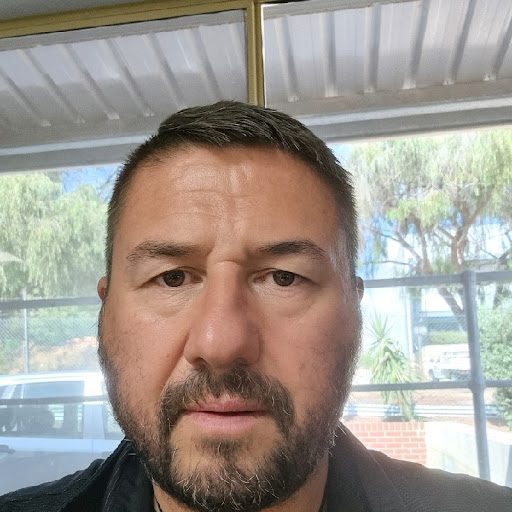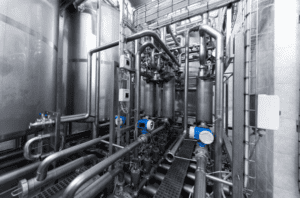Table of Contents

Non-destructive testing (NDT) is an inspection process for materials, structures, or components to detect the presence of hidden cracks, flaws, or defects without damaging the material being inspected. The benefits of non-destructive testing are becoming well known in many industries. It’s a key part of almost any inspection process because it helps you understand the state of your product without putting it at risk. While destructive testing can also be helpful when used responsibly and appropriately. You can use non-destructive testing to see if a product has any issues before you put it in use. While destructive testing is good for inspecting finished products that will no longer be used again after inspection. When you’re working with a new type of raw material or developing a new process, you should conduct non-destructive tests before moving forward with production.
This article outlines why it’s important for you to adopt NDT in your manufacturing processes. As well as some considerations when choosing which type of NDT is right for your business
Why Is Non-Destructive Testing Important?
Non-destructive testing is important because it helps you determine whether or not a product is fit for use without impacting the integrity of that product. It’s important to inspect products before they go into use to ensure they’re safe, durable, and reliable. It’s also helpful to do an inspection before putting a product into use so you can make sure it’s not defective. Non destructive testing can help you inspect a wide range of product types, including welds, parts, metals, and even concrete. Non destructive testing usually doesn’t impact the quality or functionality of a product. It’s even possible to do non destructive testing on certain electrical or mechanical components without interrupting their functionality.
Why Is Non Destructive Testing Important In Manufacturing?
Non-destructive testing is important in manufacturing for a few different reasons. One of the most important reasons is to ensure quality control. If a product fails a test, you can determine if it’s still fit for use or should be discarded. You can also use non destructive testing to ensure a product is safe for use. Another important reason to use non destructive testing in manufacturing is to improve efficiency. If you’re able to determine whether a product is safe and fit for use before it’s used, you can reduce the time it takes to complete a project.
Finally, non destructive testing can help you improve your product design. If you do some non destructive testing on a product before producing it on a larger scale, you can minimize the risk of encountering problems with the design once it’s put into use.
Types Of Non Destructive Testing
There are many different types of non destructive testing that manufacturers use. Each test is unique and has particular applications. The most common tests are:
- Chemistry analysis: This non destructive testing uses chemical solutions to examine a product’s surface. This can help you identify corrosion and other defects on the surface.
- Liquid penetrant: This test is used to detect surface defects in materials that are otherwise opaque, like metal. It works by applying a liquid to the surface, which soaks into the surface if there are any flaws.
- Magnetic particle: This non destructive testing is used to examine ferrous metals, like steel. You apply a magnetic powder to the metal surface, followed by a solvent. This process will reveal any surface defects in the metal.
- Visual inspection: This is the most common form of non destructive testing. It involves a trained inspector examining a product visually for defects. This can be done with or without magnification, like a microscope.
- Radiographic testing: This test uses an imaging technique to see inside a product. It requires exposing the product to radiation but results in a high-quality image for closer inspection.
Other Benefits Of Non Destructive Testing In Manufacturing
There are many more benefits of non destructive testing beyond just product inspection. It can also help reduce waste in manufacturing by allowing you to identify issues with a product before it’s put into use. This will reduce the need to discard entire products because of a single flaw, which can save you time and money.
Non destructive testing can also help you achieve the right balance of quality and safety in your products. You can use non destructive testing to determine the safety and reliability of each product you produce and reduce the risk of defects. Non destructive testing can help you work more effectively with your suppliers by allowing you to identify any issues early in the production process. This will reduce the need for rework and help keep projects moving along smoothly. Non destructive testing can help you have better communication with your customers. If you use non destructive testing to ensure each product is safe and reliable, you can provide greater assurance to your customers.
Comprehensive Range Of None Destructive Testing
Origin Endeavours provides a wide range of Non Destructive Testing services for a variety of industries. Our specialists are experts in using the newest technology to ensure an efficient inspection process and guarantee the reliability, functionality, and safety of your equipment, plant assets, and products. We can complete the entire inspection procedure from beginning to end, producing comprehensive computerised reports at the time of testing, upon your location.




